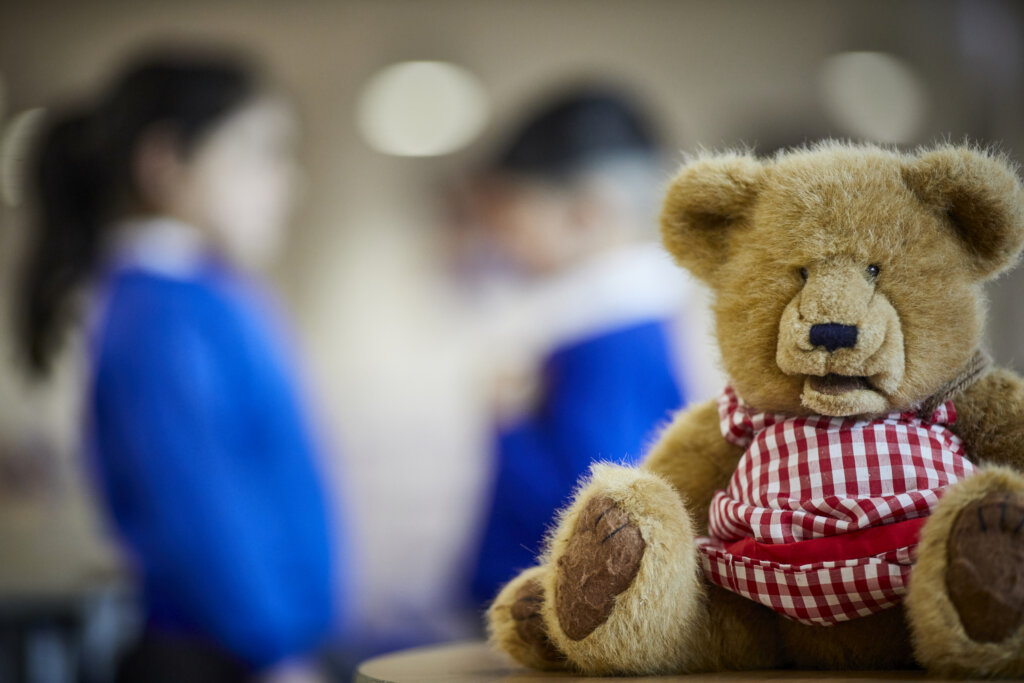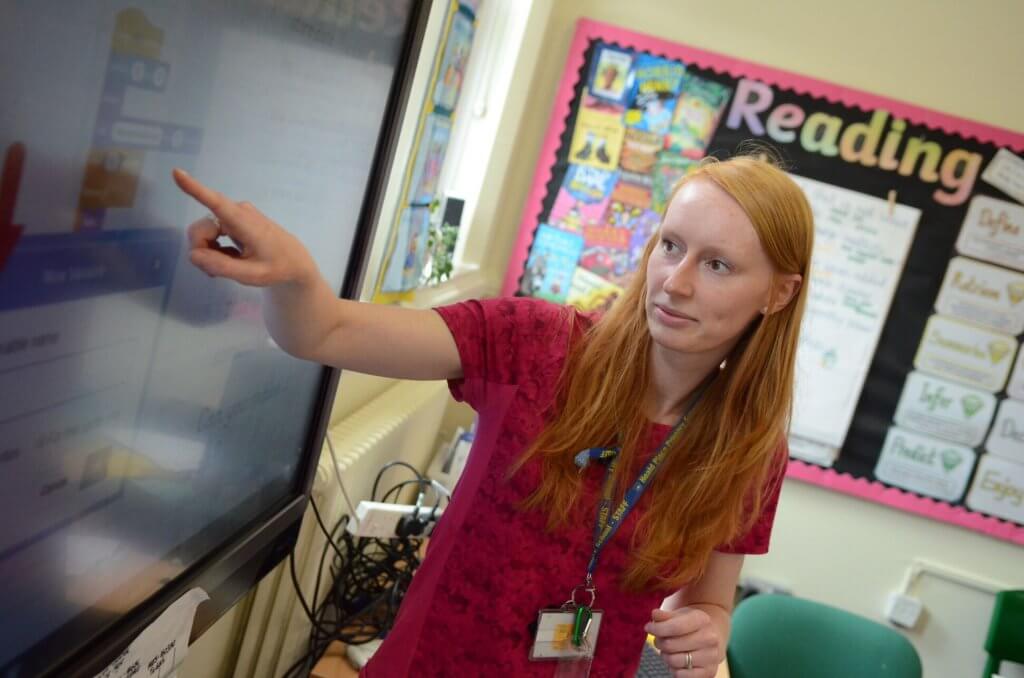Teacher workforce grows by less than 300
The teacher workforce grew by only 259 teachers last year, compared to a rise of 2,844 in the year before. Consequently, teacher vacancies have risen by 20% in the same time period, and have more than doubled in the last three years.
Data shows that a total of 44,000 teachers entered the workforce in 2023-24, 3,900 less than the year before. This was mainly driven by a fall in newly-qualified teachers, which is the lowest since records began with only 17,462 in 2023-24, compared to 21,705 in 2022-23. Meanwhile, the number of teachers leaving the profession for reasons other than retirement or death remains at a record high of 39,971. Statistics show that almost a third of teachers leave the profession within the first five years.
Leaders warn that teacher shortages are ultimately harming children’s quality of education, with a rising number of pupils being taught in classes with more than 30 pupils, as well as an increase in the number of subjects being taught by non-specialist teachers. Paul Whiteman, general secretary of the school leaders’ union NAHT, says the government must work to address this issue by ‘reversing more than a decade of real-terms pay cuts […] reducing workload, and reforming the harmful high-stakes Ofsted inspections.’
★ The One Education Wellbeing Award can help you retain the best talent for your school by helping you to promote wellbeing through every aspect of your provision, from school culture and leadership, to communication, data and environment. Contact our team to learn more.
Next government to face difficult choices on school spending
A report from the Institute for Fiscal Studies (IFS) shows that pupil numbers are expected to fall by more than 5% between 2024 and 2028. This means that a future government could implement a real-terms freeze in school spending per pupil and deliver savings of £3.5 billion to help improve the public finances. However, the IFS warns that school costs are unlikely to fall in line with pupil numbers, especially those that are relatively fixed, such as having a teacher in front of a class or heating a school. Therefore, delivering these savings would likely require school closures and cuts in staff numbers.
Since the last general election in 2019, there has been a £6 billion real-terms increase in total spending, which has allowed spending per pupil to return to the same real-terms levels as in 2010. However, school costs have risen rapidly in recent years, meaning that the purchasing power of school budgets are about 4% lower than 2010. This has been driven by food and energy costs, as well as high needs provision. Since 2015-16, the high needs budget has risen by £3.5 billion, accounting for nearly half of the increase in school spending over that time.
Instead of a freeze on school spending per pupil, the IFS suggests allowing spending per pupil to grow in line with school costs, which would result in £1.7 billion in savings by 2028. Schools would be in a better position to cover the expected rise in costs, as well as teacher pay rises to mitigate recruitment and retention difficulties. However, there would still likely be a need for staff cuts and closures. Alternatively, the government could freeze total school spending, which means spending per pupil would grow by about 6% between 2024-25 and 2028-29. However, there would be no savings to improve the public finances.
Luke Sibieta, IFS Research Fellow and author of the report, says that in the face of spiralling costs of special educational needs provision, real-terms cuts to teacher pay and a growing backlog of repairs to school buildings, ‘policymakers are caught between a rock and a hard place.’
Growing number of pupils arriving to school hungry
Findings from a survey of more than 1,200 teachers and senior leaders reveal that the cost-of-living pressures have had a profound impact on pupils and their families. Published by the National Foundation for Educational Research (NFER), the report shows that 40% of primary school teachers have seen a growing number of children showing up to class without adequate clothing. Another 31% report an increase in pupils arriving hungry, or without books and equipment for lessons. This follows recent research which shows one in five schools are now running food banks.
As a result, three-quarters of primary school teachers and almost two-thirds of secondary school teachers are spending their own money to purchase items for pupils. Around a quarter estimate having spent over £100 in their own money so far this academic year.
The report warns that the level of unmet need amongst pupils, coupled with significant resourcing pressures affecting schools, is likely to impact pupil attainment outcomes. Therefore, the NFER calls on the government to provide targeted financial support to help schools address pupils’ well-being needs, as well as extending the current eligibility for free school meals. The NFER also recommends increasing the capacity of Children and Young People’s Mental Health Services (CYPMHS) and wider support around families to ensure pupils can access specialist services in a timely manner, rather than relying on schools and teachers to fill the gap.
★ One Education can provide Education Welfare and Creative Psychotherapy support to ensure your pupils’ needs are met, giving them the best possible chance of success. Reach out for more information.
Working side by side with schools and trusts, One Education understands the daily challenges they face. Yet we are constantly inspired by the ways in which staff go above and beyond to help their pupils succeed.
One Education is committed to supporting schools with the knowledge, tools and inspiration to thrive in today’s educational landscape. To find out how we can support your school, please get in touch.
Please complete the form below and we will get in contact as soon as we can to help you with your query.















